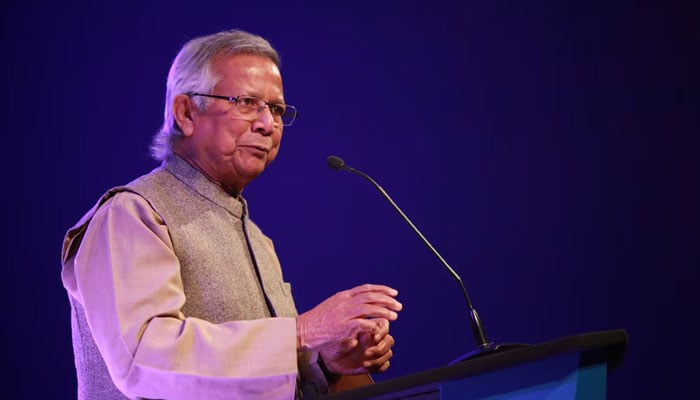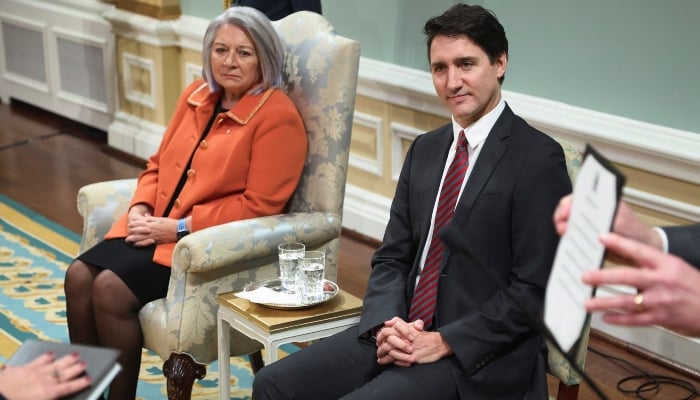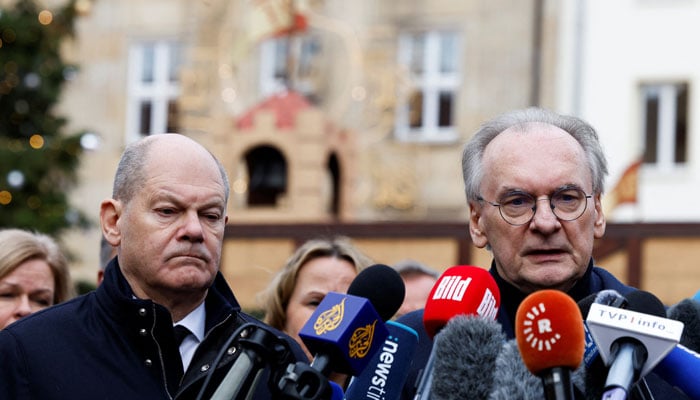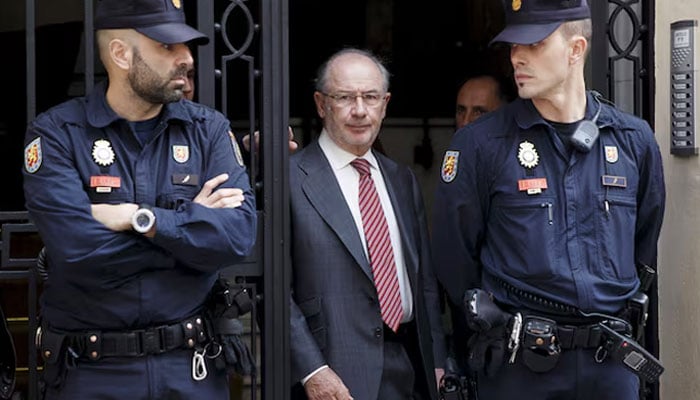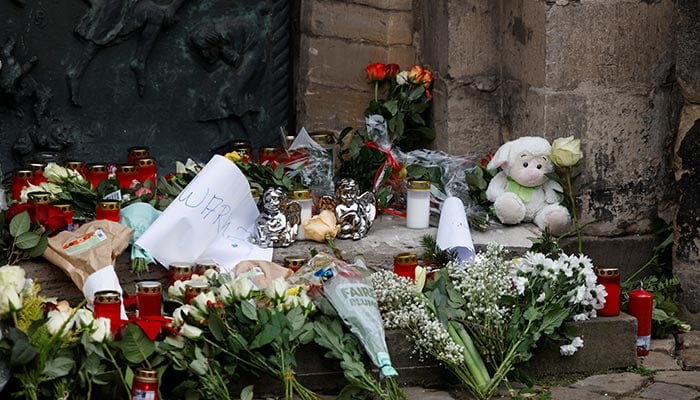South Korean President Yeol impeached after nationwide protests over martial law
Opposition-led parliament votes to suspend President Yoon Suk Yeol from his official duties
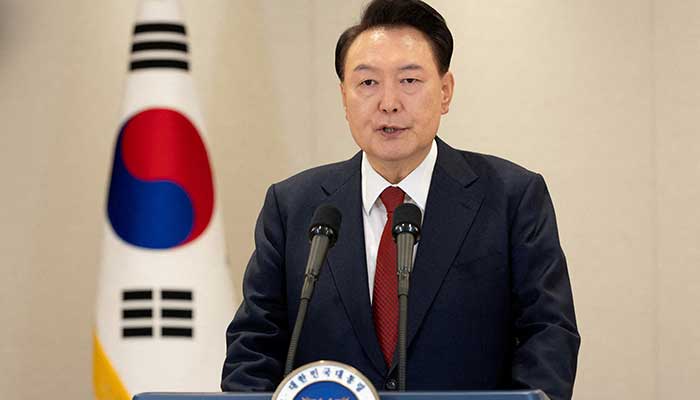
- 204 lawmakers vote in favour of impeachment vote, 85 oppose it.
- Prime minister becomes acting president after Yoon’s impeachment.
- Constitutional Court to decide on president’s removal in six months.
SEOUL: The South Korean parliament on Saturday successfully voted to impeach incumbent President Yoon Suk Yeol and suspend him from his official duties over his short-lived attempt last week to impose martial law.
The motion was carried after at least 12 members of Yoon’s People Power Party joined the opposition parties, which control 192 seats in the 300-member national assembly, clearing the two-thirds threshold needed for impeachment.
The number of lawmakers supporting impeachment was 204, with 85 against, three abstentions and eight invalid ballots.
Although suspended, Yoon remains in office. Under the country’s constitution Prime Minister Han Duck-soo, who was appointed by Yoon, becomes acting president.
The Constitutional Court will decide whether to remove him sometime in the next six months.
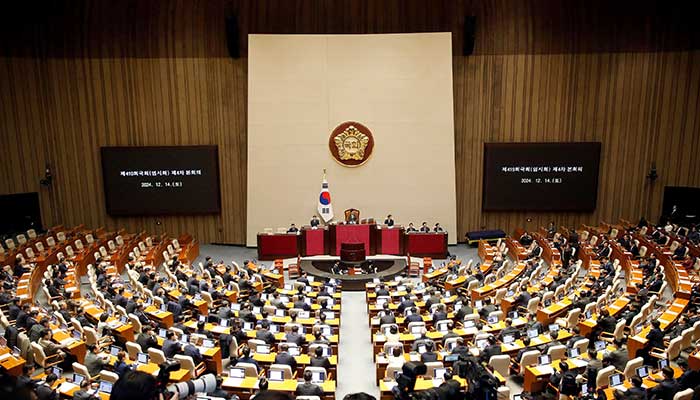
President Yoon is the second conservative president in a row to be impeached in South Korea. Park Geun-hye was removed from office in 2017.
The impeachment process, as reported by the BBC, could take weeks and he would be removed from office if six of the nine-member council vote in favour of the impeachment.
If Yoon is removed from office, a snap election will be called within 60 days of the court’s ruling.
“The future of the Republic of Korea and our hope is in the hands of the people, our hope is strong. Thank you very much,” said South Korean speaker Woo Won-shik.
Today’s development comes after the first attempt to impeach the president failed to materialise earlier this week due to his party People Power Party’s boycott.
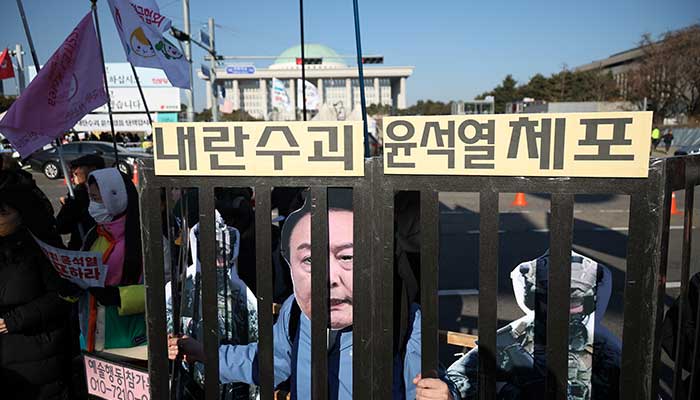
Meanwhile, reacting to the development, PM Duk-soo said he would do his best to run the government in a stable manner.
“My heart is very heavy,” the premier told reporters following the impeachment vote.
Earlier this week, President Yoon, in a televised address had vowed to “fight to the end” against the impeachment and investigation against him and had termed his political opponents “anti-state forces”.
Martial law stint
The president, on December 4, had announced imposing martial law following which saw South Korean troops briefly trying to enter the parliament building.
Meanwhile, parliamentary aides were seen trying to push the soldiers back by spraying fire extinguishers as protesters gathered outside the parliament.
The president was forced to revoke his decision hours later due to a standoff with the country’s parliament which roundly rejected his attempt to ban political activity and censor the media.
Yoon’s surprise declaration of martial law, which he cast as aimed at his political foes, was voted down by 190 lawmakers in parliament with his own party urging him to lift the decree.
Under the South Korean law, the president must immediately lift martial law if parliament demands it by a majority vote.
President Yoon’s move warranted a strong reaction from various segments of society with growing demand for his impeachment.
Yoon later apologised to the nation but defended his decision and resisted calls to resign.
Furthermore, he is also under criminal investigation for alleged insurrection over the martial law declaration and authorities have banned him from travelling overseas.


